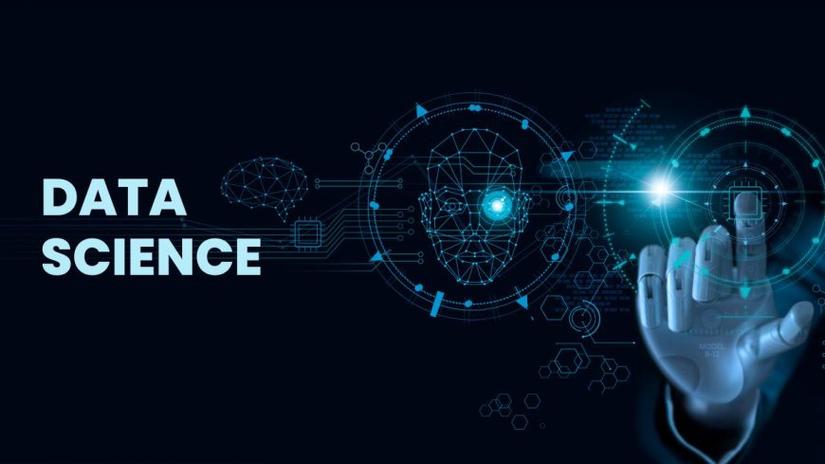Exploring Data Science: A Guide to the Future of Analytics
In today’s digital landscape, data has emerged as one of the most crucial assets for organizations worldwide. The field of data science has become indispensable in leveraging this asset, providing insights that drive strategic decisions and innovation. This blog delves into the essentials of data science, its diverse applications, and what lies ahead for this dynamic field.

Understanding Data Science
Data science is an interdisciplinary domain that employs scientific methods, processes, algorithms, and systems to extract valuable insights from both structured and unstructured data. It merges techniques from statistics, computer science, and domain expertise to analyze complex data and address real-world challenges. The main processes involved in data science include:
Data Collection: Acquiring raw data from various sources.
Data Cleaning: Refining data to ensure consistency and readiness for analysis.
Data Analysis: Applying statistical techniques and algorithms to identify patterns and trends.
Data Visualization: Displaying findings in a visual format for easier interpretation.
Data Interpretation: Deriving actionable insights to guide decision-making.
The Evolution of Data Science
Data science has undergone significant transformation over the years. Initially, data analysis focused on basic statistics and small data sets. With the rise of big data, the field has grown to incorporate advanced methods like machine learning, artificial intelligence, and data mining. Key developments in data science include:
Big Data: The ability to analyze and process large volumes of data from various sources.
Machine Learning: Creating algorithms that can learn from data to make predictions or decisions.
Artificial Intelligence: Developing systems that perform tasks requiring human-like intelligence, such as language processing and image recognition.
Applications of Data Science
Data science has revolutionized numerous industries, enhancing operational efficiency and decision-making. Key applications include:
Finance: Detecting fraud, managing risk, and optimizing trading strategies.
Retail: Segmenting customers, recommending products, and managing inventory.
Transportation: Optimizing routes, predicting maintenance needs, and enhancing passenger experiences.
Marketing: Personalizing advertising, analyzing sentiment, and measuring campaign effectiveness.
Essential Tools and Technologies
Data scientists utilize a variety of tools and technologies to perform their work. Some of the most important include:
Programming Languages: Python and R are widely used for their powerful libraries and frameworks.
Data Visualization Tools: Tools like Tableau, Power BI, and Matplotlib help create interactive and insightful visualizations.
Databases: SQL and NoSQL databases such as MongoDB and Cassandra are crucial for data storage and management.
Machine Learning Frameworks: TensorFlow, Scikit-learn, and Keras are essential for building and deploying machine learning models.
Challenges in Data Science
Notwithstanding its advantages, data science has some drawbacks.
Data Quality: Ensuring data is accurate, complete, and relevant is critical for effective analysis.
Privacy and Security: Safeguarding sensitive information and adhering to data protection regulations are major concerns.
Scalability: Efficiently handling and processing large data sets requires robust infrastructure and tools.
Interpreting Results: Translating complex data findings into actionable insights can be challenging, especially for non-technical audiences.
The Future of Data Science
The future of data science looks bright, with several emerging trends shaping its trajectory:
AI Integration: The fusion of data science and AI is leading to more advanced predictive models and automation.
Real-Time Analytics: Growing demand for real-time data processing is driving innovation in stream processing technologies.
Explainable AI: Developing models that provide not only accurate results but also explanations for their predictions is becoming increasingly important.
Ethical Considerations: Addressing ethical issues such as bias and fairness will be crucial as data science impacts more areas of our lives.
Conclusion
Data science is a rapidly evolving field that is central to modern decision-making and innovation. By understanding its core principles, applications, and challenges, professionals and organizations can harness its potential to drive progress and make informed decisions. For those looking to deepen their expertise, enrolling in a Data Science course in Thane, Mumbai, Navi Mumbai, Delhi, Noida and other cities of India can provide valuable insights and skills. With ongoing advancements and the growing importance of data, the future of data science promises exciting developments and opportunities.
BÌNH LUẬN